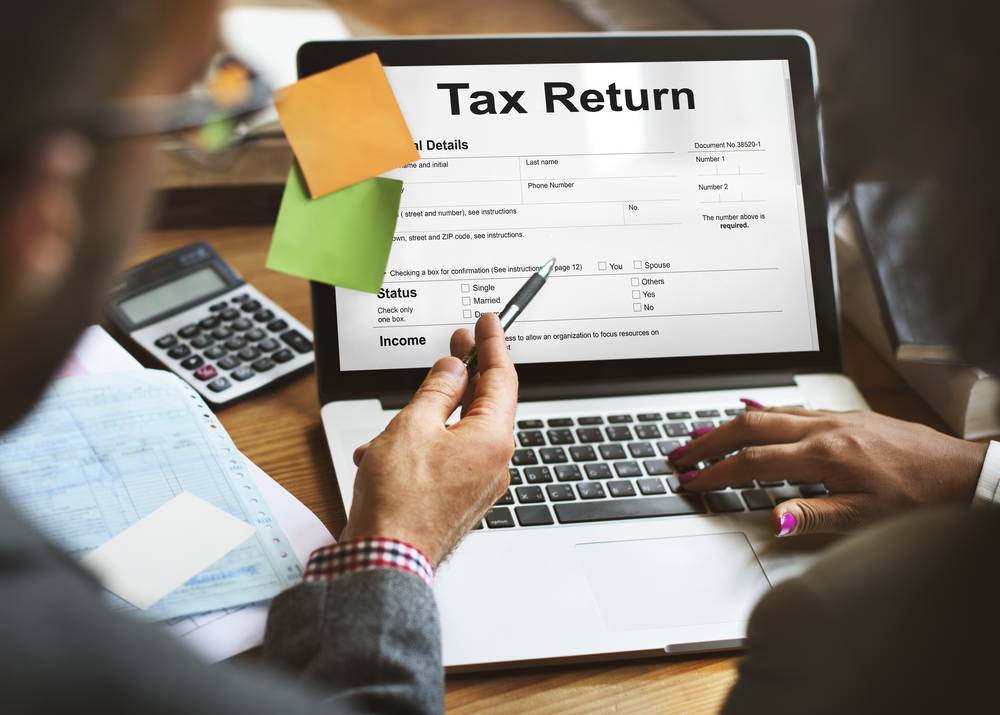
Due to a number of factors, taxpayers frequently find up paying the Income Tax Department more than they should. Because of incorrect estimates or a lack of documentation supporting savings under various sections of the Income Tax Act, even employers occasionally withhold additional income tax from salaried employees.
You can always seek refunds and exemptions when filing your income tax return (ITR), though under several headings. If the amount of tax paid is greater than the actual amount due, an ITR refund could be requested.
Sections 237 to 245 of the Income Tax Act of 1961 specify that tax refunds may be given where a person's (or a third party's) tax payment exceeds the amount that is due.
Through the Income Tax Department's official website, incometaxindiaefiling.gov.in, taxpayers can check the status of their refund online.
If your ITR file indicates that you are entitled to a refund and you don't know how to check its status online, then follow these steps:
-
At incometaxindiaefiling.gov.in, enter your user ID (PAN) and password to access your ITR account.
-
After choosing the "Income Tax Returns" option, click "View Filed Returns."
-
Choose the "View Details" option to discover the ITR refund's current status.
If your status reads "processed," the return has already been finished. According to the status "Submitted and pending for e-verification/verification," the taxpayer has submitted the ITR but hasn't e-verified it, or the legally signed ITR-V form hasn't yet been delivered to the I-T Department's Centralized Processing Center. On the website, the status "Successfully e-verified/verified" indicates that the taxpayer has duly submitted and e-verified/verified the return, but it has not yet been processed by the I-T officials.
You might also see the statuses "Defective" and "Expired". A filed ITR that was deemed defective by the department. In contrast, the term "Expired" implies that the refund was requested inside the 90-day validity window.
The Central Board of Direct Taxes (CBDT) required ITR reporting in a notification dated April 22, 2022, for people whose total TDS/TCS deductions in the fiscal year were Rs 25,000 or more, even if their gross annual income was below the basic exemption limit. Individual taxpayers must file income tax returns by July 31 of each year, unless the deadline is extended.
















